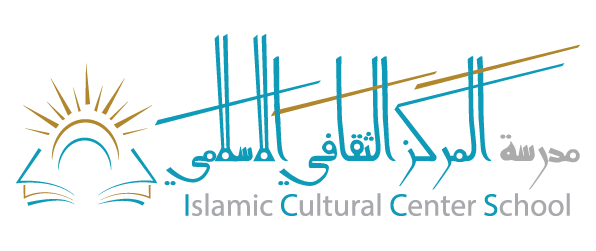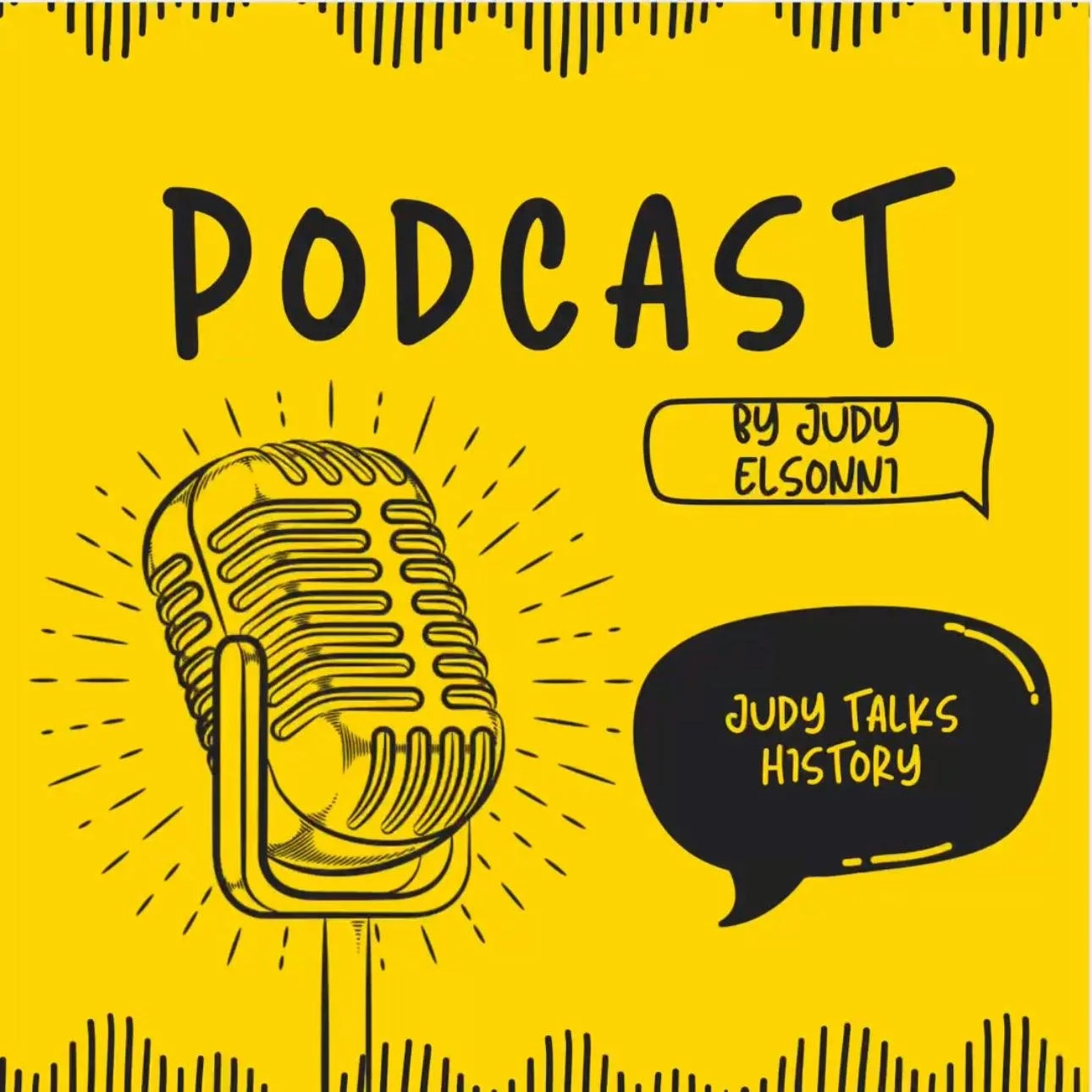Student Voices on History!
At ICC School, middle school students don’t just study history—they bring it to life. As part of our commitment to dynamic, inquiry-driven learning, our middle school historians recently completed a powerful project: a student-produced podcast exploring one of the most significant questions in American history: “What were the differences between the North and South before the Civil War?”
This question opened the door to deep exploration, critical thinking, and creative expression. But instead of producing reports or taking a test, students embarked on a journey that required them to research, analyze, collaborate, and speak to an audience beyond the classroom walls.
Learning Through Voice and Perspective
Guided by the principles of project-based learning, students worked in teams to explore key themes—economy, education, culture, and slavery—to uncover how life in the North and South diverged in the years leading up to the Civil War.
They examined primary sources, discussed historical context, and debated interpretations. But more than that, they asked hard questions, listened to one another’s ideas, and learned how to turn knowledge into clear, thoughtful storytelling.
History, Technology, and Collaboration in Action
Once their research was complete, students took on the roles of writers, editors, and hosts to produce a series of podcast episodes. Each team crafted a script, recorded their conversations, and revised their work for clarity, tone, and impact.
In doing so, they developed not only historical understanding but also essential communication and collaboration skills, as well as experience with digital tools and media literacy. This kind of interdisciplinary work reflects the heart of our middle school program—where content knowledge is interwoven with creativity, purpose, and real-world application.
Why This Matters
When students are trusted with real questions and given meaningful ways to respond, their learning deepens. This podcast project gave our middle schoolers the chance to explore the past while speaking to the present—to make connections between historical realities and the world they live in today.
Through it all, they discovered that their voices have power—not just to show what they know, but to teach others, ask better questions, and imagine a more thoughtful future.
Listen In
As their episodes are shared with classmates and the school community, the pride is palpable. These students are not just learning history—they're making history meaningful, one voice at a time.


